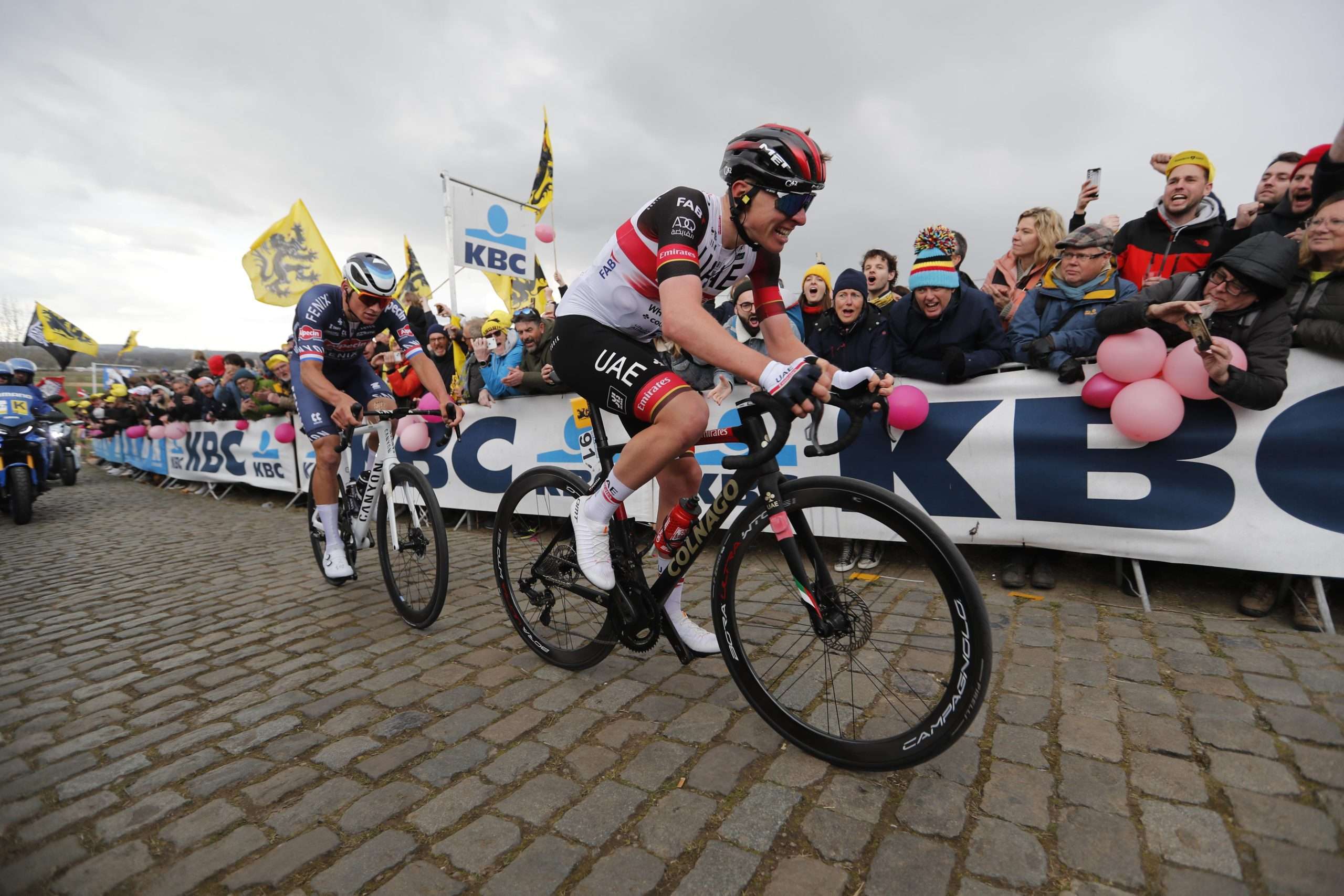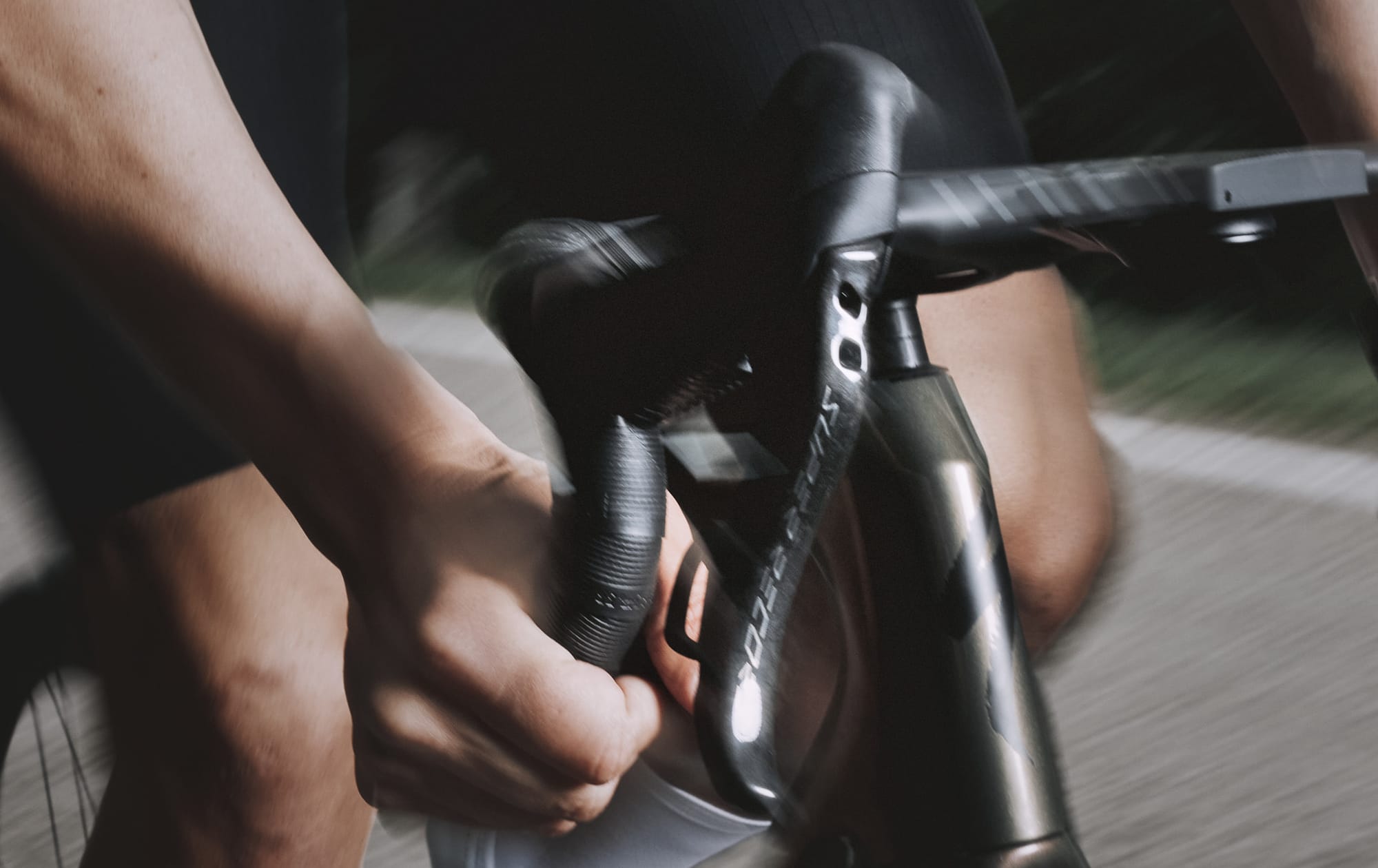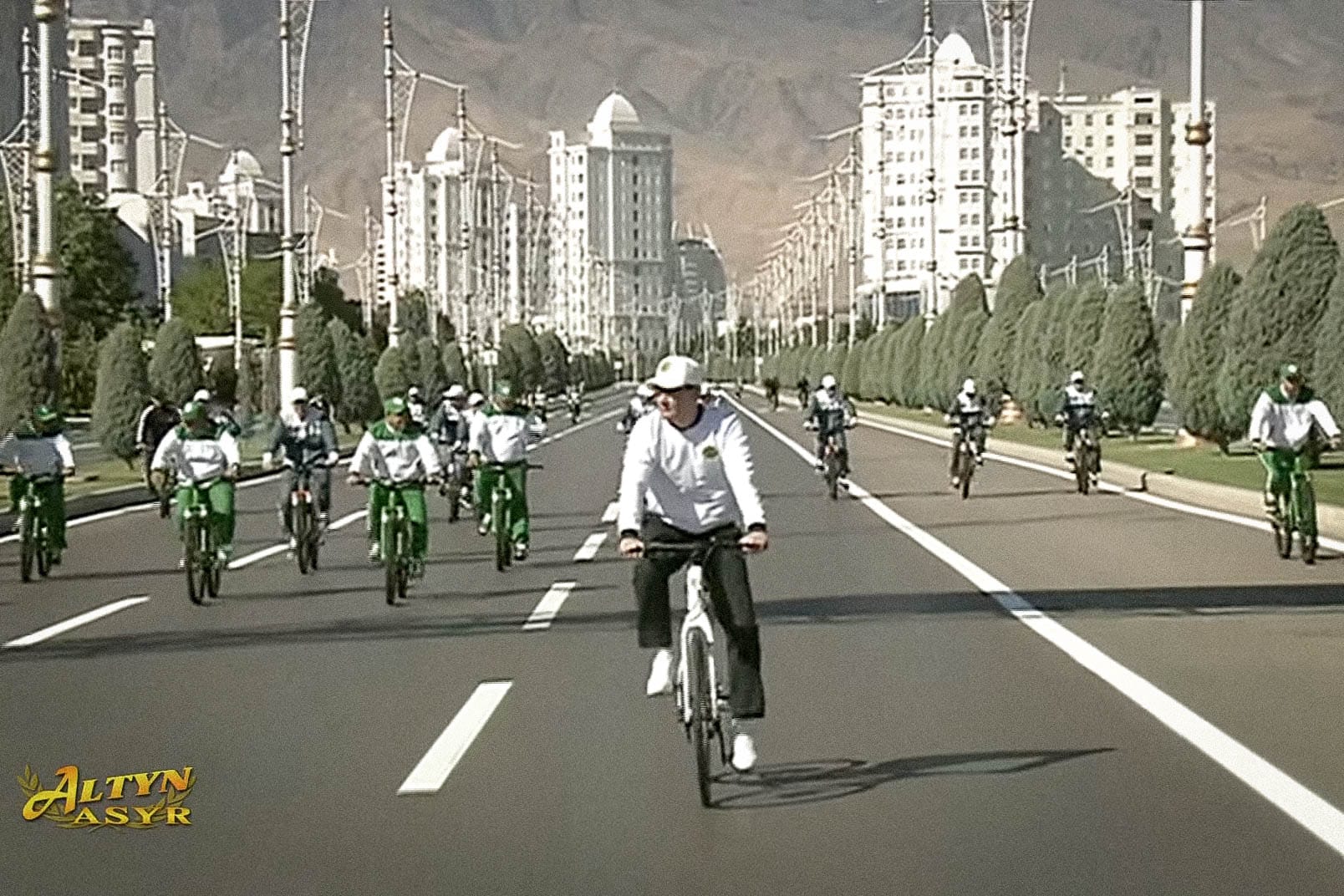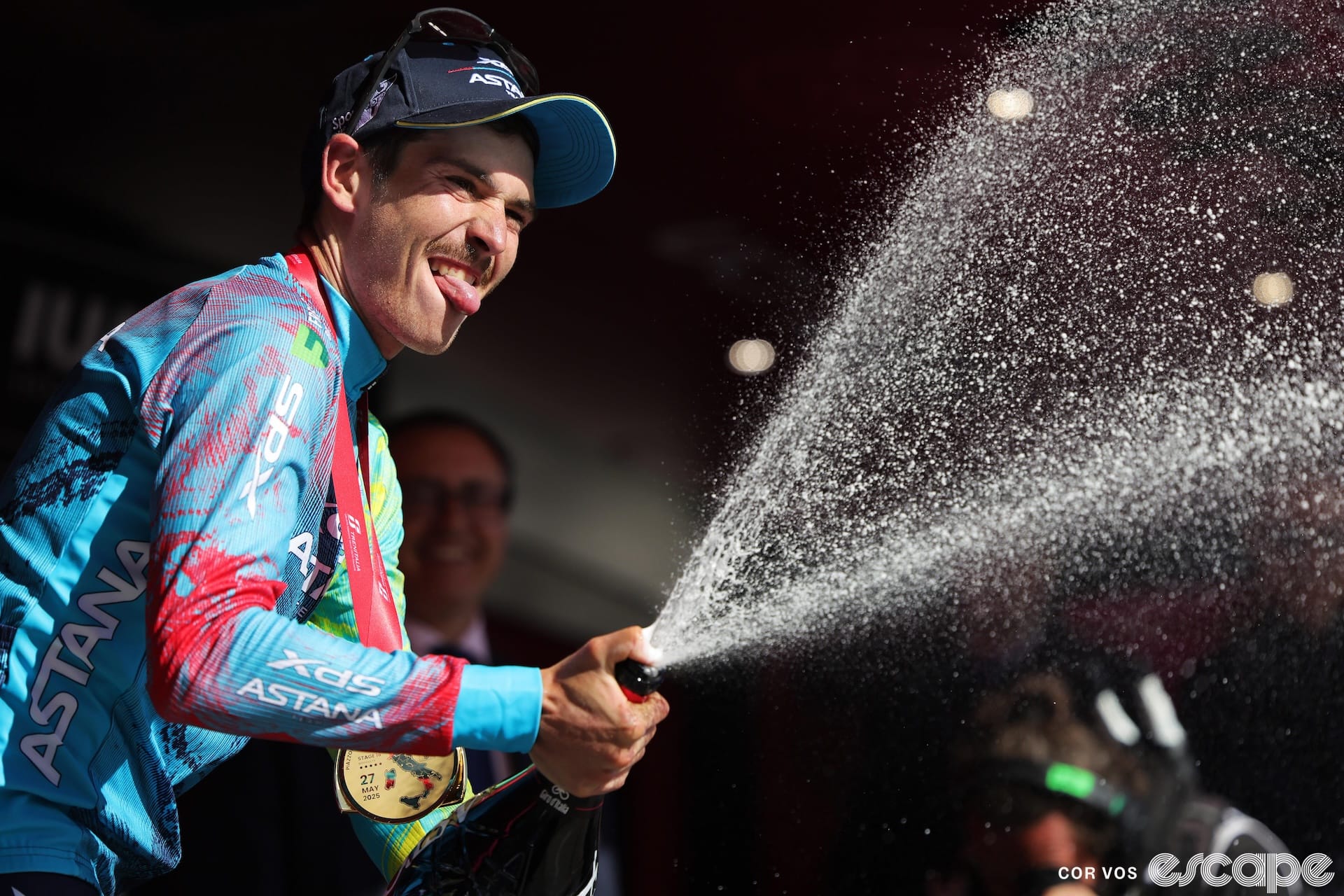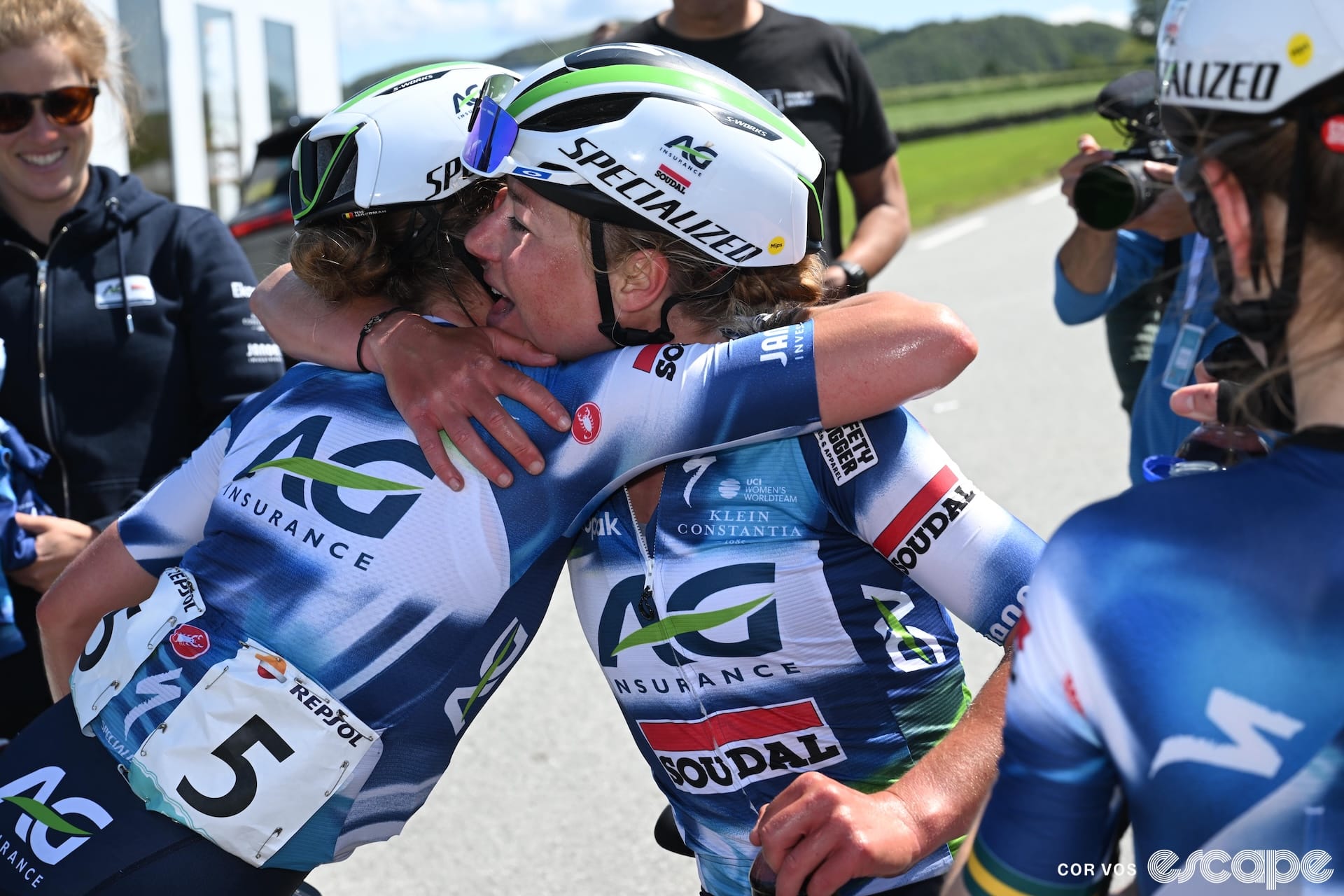What connects Rik Van Looy, Eddy Merckx and Roger De Vlaeminck?
No, they're not all cycling icons who threw shade at Wout van Aert for giving away Gent-Wevelgem. (Just two out of three.)
They’re the only men in history who have won all five of the sport’s one-day Monuments. Milan-San Remo, the Tour of Flanders, Paris-Roubaix, Liège-Bastogne-Liège and the Tour of Lombardy: respectively a marathon, a berg-fest, cobblestone cruelty, and two hill heavers. You’ve got to be a Swiss army knife of a cyclist to win this fearsome fivesome.
I used to think modern cycling had moved on and made this an impossible quest. The talent pool became wider and more internationalised, with top racers turning more specialised in their abilities or aims.
Then Philippe Gilbert got mighty close. Now, we appear to be in a golden period where “three amigos” stand out as potentially having the minerals to do this: Mathieu van der Poel, Wout van Aert and Tadej Pogačar. (Asking which one is most likely to achieve the holy quintet is a fun question for another day.)
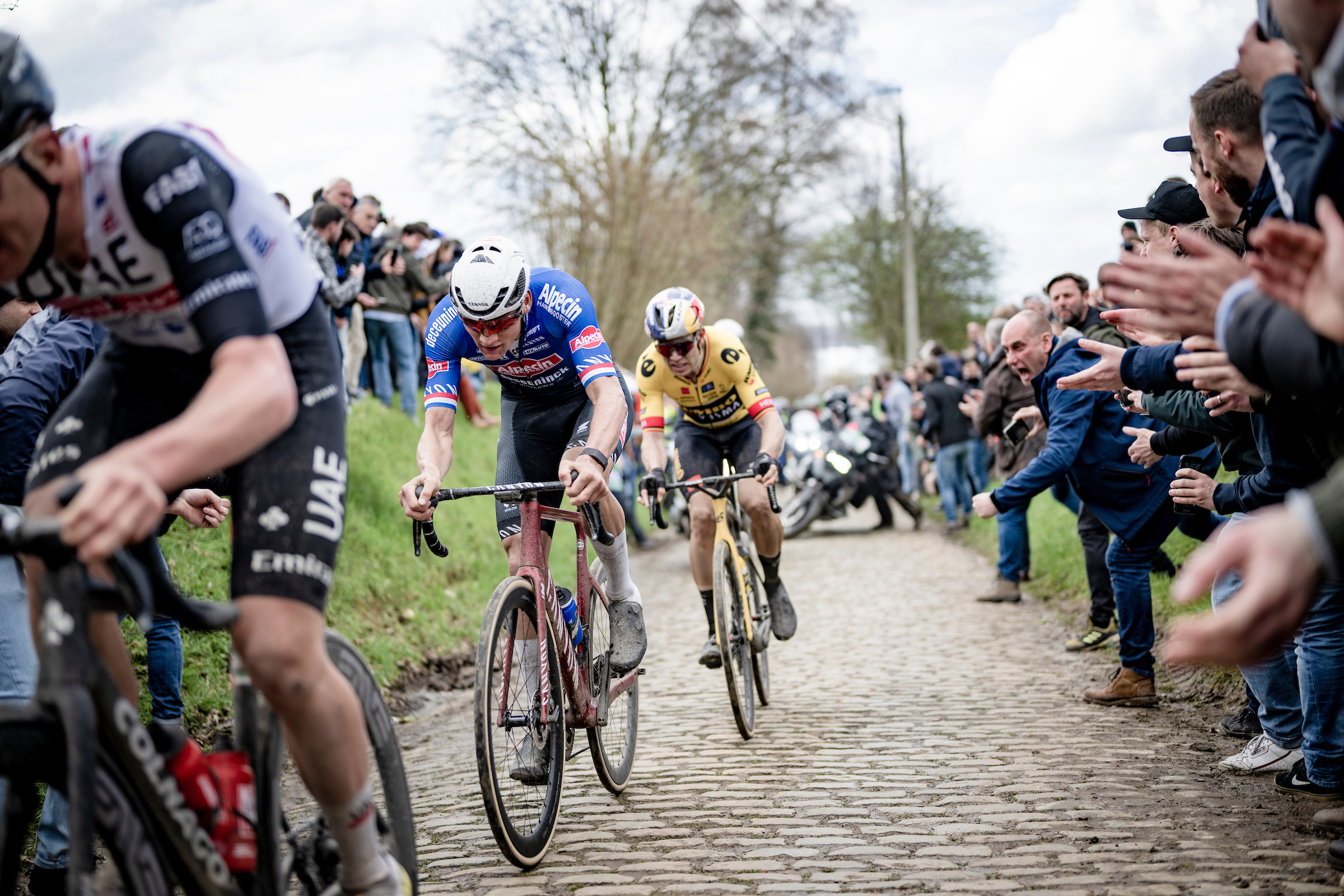
The youngest, and arguably the one who has come closest so far, is Tadej Pogačar. He has already won two editions of Il Lombardia and a Liège, and has finished inside the top four in the two other Monuments he has done. Can the Slovenian boy wonder do the Monument sweep? Let’s explore the arguments for and against it.
The case for: he's a very capable animal
Pogačar is like a tactically-refined kid lining up at a crit around the block, racing without trepidation. All-out on all parcours. His way of going about things belongs to a bygone, Merckxian era.
Beaming blissfully at TV cameras while pushing mega-watts midrace. Making the Koppenberg look like a Sunday stroll on his Ronde debut. Attacking four times on the Poggio. He’s different, all right.
It’s easy to forget how exceptional Pogačar is by simply doing San Remo and Flanders, let alone blowing the doors off them. A Tour de France winner properly racing every single bike race? Does not compute. It hasn’t happened for over 30 years.
“He will not go to any race to prepare or get competition pace. He goes to win and if he doesn’t, he will die trying. That’s a very admirable virtue,” UAE Team Emirates head of performance Iñigo San Millán says. “His main priority is honestly to have fun and enjoy cycling – and obviously, to win as many races as possible. As we know, he has this animal instinct … when he’s racing, he’s like an unleashed lion. That’s his nature as a cyclist.”
“I think he definitely has proven that he’s capable of winning the five Monuments. But can that happen? It’s difficult; today's cycling is very competitive, much more organised, there’s a lot of science, planning and technical aspects behind it.”
Obstacle One: Milan-San Remo is no sure thing
In the Monuments that suit him less, such as San Remo and Flanders, he still has to find a way to win and make that transition from “entertaining Tour de France guy”, to quote our own Dane Cash in a recent Very Serious Racing podcast, to canny, efficient winner.
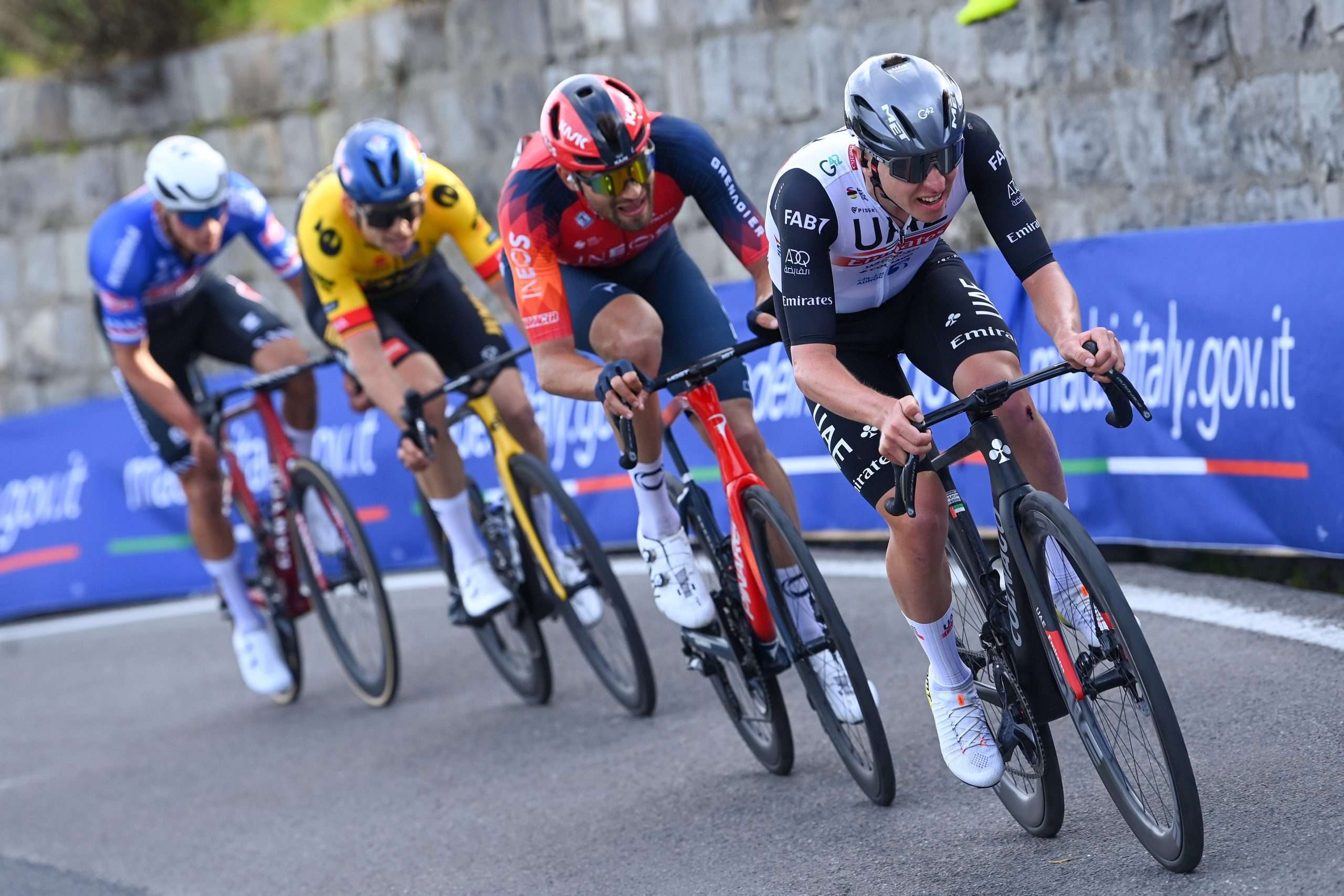
I can see him succeeding at Flanders and San Remo, though the Italian race in particular is no sure thing, especially sharing an era with even more explosive riders Van Aert and Van der Poel. Perhaps Pog should start a petition to put the finish on top of the Poggio.
But in three starts in la Classicissima, he's finished 12th, 5th, and 4th. His first Flanders, last year, netted a similarly promising fourth. The talent is clearly there for both races, if he can devise a winning tactic. The thornier challenge is up north, in April.
Obstacle Two: the Roubaix problem
One does not simply ride 256 kilometres to the Vélodrome André-Pétrieux and lift up that cobble as a first-timer. (Unless you’re Sonny Colbrelli.) Paris-Roubaix is a bit like World Cup downhill skiing; route knowledge, timing and experience is key; it takes years to get down the race’s rhythms and flatten the steep learning curve. Then there’s the coin-toss element of luck when it comes to crashes or mechanicals.
Tadej Pogačar has never done Paris-Roubaix. Lining up there means risking breaking body parts on unforgiving cobbles and jeopardising, well, everything in a given season and maybe more: the Ardennes Classics, the altitude camps afterwards, the Giro d’Italia (which he will surely target soon), the Tour de France, the Vuelta a España.
Does this generation’s pre-eminent Grand Tour racer really want to take that risk? More to the point, do his UAE Team Emirates paymasters? It doesn't make sense. He can win every other prestigious race in the calendar and they all suit him better.
If he races Paris-Roubaix, he’ll probably only do it several times. And that gives him less time to climb that learning curve, and so fewer chances of the Monument sweep.
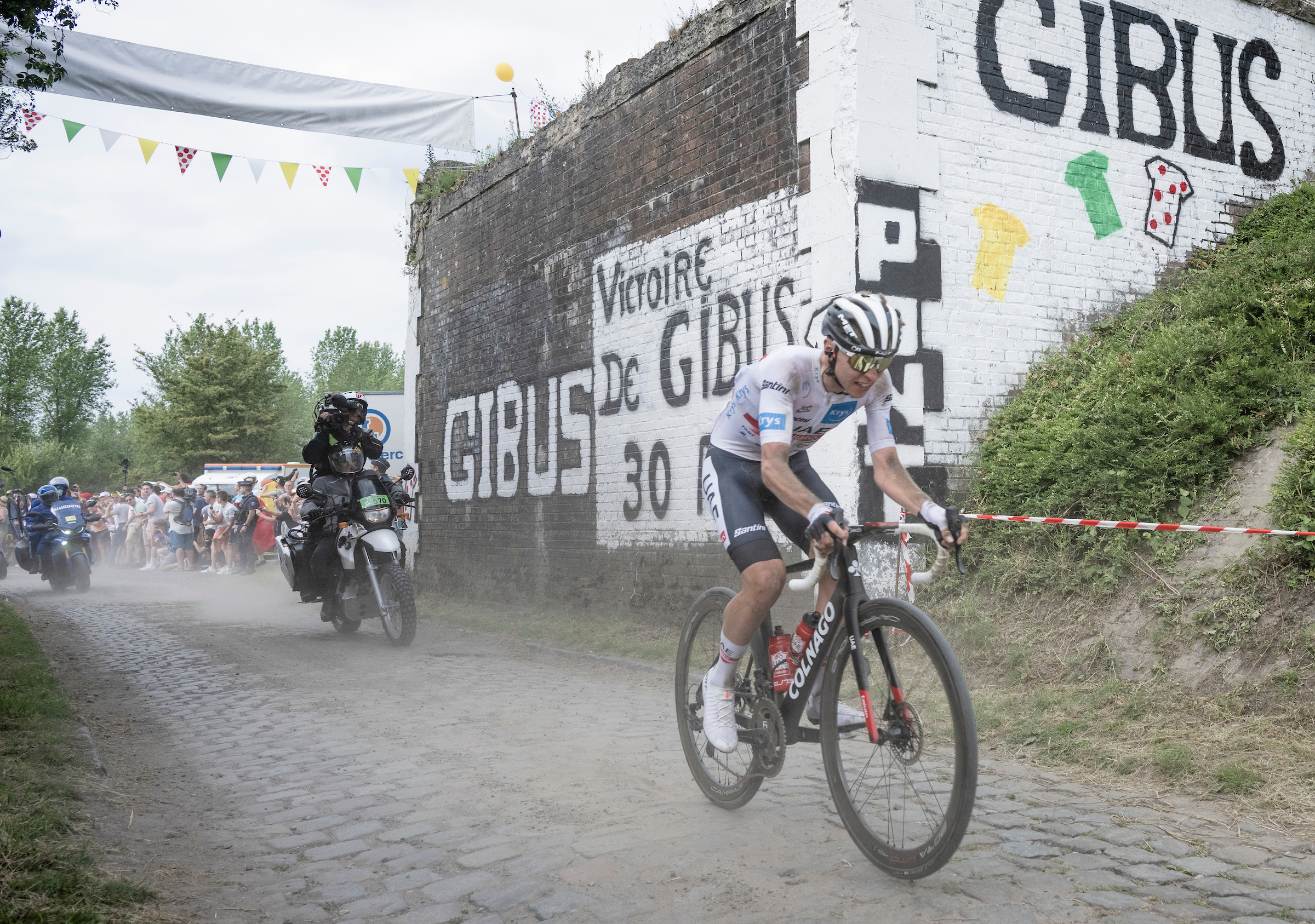
At least time is on the 24-year-old’s side. Or is it? His life is so intense and goal-driven, who knows where he and some of this era’s champions, incandescent since their teenage years, will be four years down the line? “Maybe when they’re 28, they’re going to say ‘I’m done. I’m gonna play golf or something else!’” San Millán jokes.
Plus, a cyclist who is hungrier, more versatile and even better than Pog might emerge. That’s hard and terrifying to imagine.
There used to be the dogma that anyone under 70 kilograms couldn’t win Paris-Roubaix, coming from the same traditionalists who pull the tasty, doughy bit out of their bread to fuel up pre-race.
But there’s no magical limit. At 66 kg, he’s got the balance. San Millán, who monitors his charge’s training sessions and numbers on a daily basis, would not change anything in Pogačar’s make-up if he was targeting Roubaix.
“I think he’s already proven he can win everything and anything,” he says. “If you try to increase muscle mass, for example, he’d have to do gym sessions that’d interfere with his preparation for other races. And gaining two or three kilos would lose a climbing advantage.”
If you’re good enough, you’re heavy enough. It’s the skills that matter, not the scales.
But Pogačar would have to dedicate a lot of time and resources to gain the skillset for the pavé. More recons and Rocky-style repeats on the race’s clutch sectors, more punchy, high-intensity efforts in training. Even more time away from home, which is hard on the mind.
There’s a deep-seated nervelessness required too: is he comfortable doing 60 kph into the Arenberg Forest or will his brain (and hands) pull the brakes? Nobody knows the answer to that yet.
Tadej Pogačar smashing it on the cobbles in the 2022 Tour de France was electrifying and shows his promising potential, but it does not automatically make him good to contend at Roubaix.
He was racing a stage 100 kilometres shorter than the Monument, shorn of over half its sectors, with the specialists babysitting spindly, nervous GC contenders and some other riders in energy conservation mode rather than going all-out for the win.
Nah, trying to beat the very best and most motivated at Paris-Roubaix is a totally different beast.
Obstacle three: does he even want to?
It’s akin to Mark Cavendish and The Stage Record™. Who can even remember whether it’s a particular motivation for the sprinter to surpass Eddy Merckx’s Tour de France stage win mark of 34 or the fevered obsession of journalists who have made it synonymous with him in recent years?
This Monument debate is currently a frothy, fun hypothesis. But especially if/when Pogačar bags the Tour of Flanders, he will have to ask himself – because pesky journos like me will pose the question – how much do I want to win all five Monuments?
Does it ignite something special in him, a drive to make history? How much does he want to risk? How comfortable is he bouncing off brick-shithouse Belgians going into treacherous Roubaix cobbled sectors?
“He’s not fixated by that goal but without a doubt, it’s something that’s in his mind at some point to win,” San Millán says. “But hey, he’s not cycling to beat records – although he can and he’s already on the way to being up there with Eddy Merckx as the most versatile cyclist in history.”
Tadej Pogačar is not going to end his career forlornly looking over at that empty spot in his trophy cabinet where a Paris-Roubaix cobble or Milan-San Remo circle (what even is that underwhelming thing?) should be.
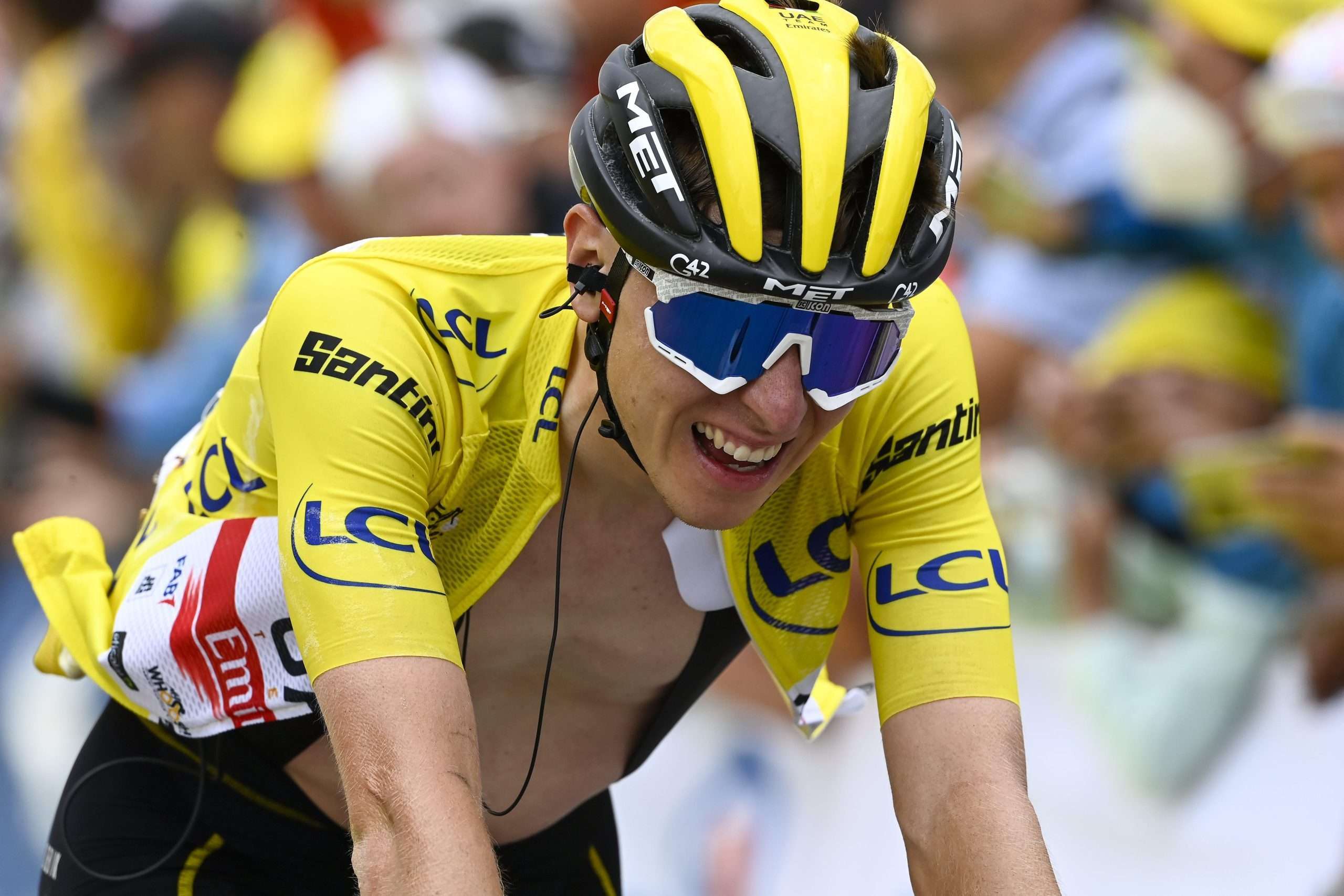
The Giro, the Vuelta, the Worlds; there are far more predictable accolades likely to follow in his career. Even if he doesn’t win another Monument, it probably won’t depreciate his achievements or happy-go-lucky racing style.
All considered, Pog is totally capable of the Monument sweep, but I think it won’t happen. Principally because of risk, he will rarely do Paris-Roubaix and he won’t win it. Fewer attempts means fewer chances and less experience gained. Despite his enviable power and hunger, there’s the need to have luck on his side to succeed in Roubaix, which makes it even tougher.
Prove me wrong, Tadej. I’d love to be proven wrong because the achievement would be batshit crazy, one of the most exceptional feats in cycling history. Even more special than what Van Looy, Merckx and De Vlaeminck did, I’d wager.
Maybe this article is what it takes to pique Pog’s interest. I look forward to it being printed off and pinned to his pain cave wall.
Picture the scene in early April 2033. During the post-race winner’s TV interview beneath darkening Roubaix skies, a greying tuft of hair sticks through his helmet. The five Monuments are finally his. Pogačar smiles as he speaks:
“I didn’t think I could do it. But whenever I doubted, whenever it got too hard, I just thought about that article by that deluded British journalist on Escape Collective and it gave me all the extra motivation I needed.”
Did we do a good job with this story?

